Suzanne El-Haj is a Palestinian and Argentinian-American from the Rio Grande Valley. She shares the incredible story of the two cultures of her parents coming together in America to start their careers and family. Suzanne was inspired by her environment and community growing up in the Rio Grande Valley to begin her journey in Sustainable Agriculture and Agroecology. With such strong influences of food and culture in her life, it is no surprise that Suzanne has been and will continue to make great strides in food policy and agriculture. In this interview, she shares her heartfelt message about food, growing up multicultural, and Palestine to the world.
Of course. I come from a diverse background. My mom is originally from Latin America, so she is from Argentina while my father is from the Arab world, and he is from Palestine. So these two are very diverse, different cultures. They came together and met in the United States where they had me and my two other sisters. Growing up in the States was complicated because of these diverse cultures. In general, being first-generation is confusing, but on top of that, having a mixed identity makes it more challenging. I feel like I’m still trying to understand and identify myself based on the diverse cultures I grew up in.
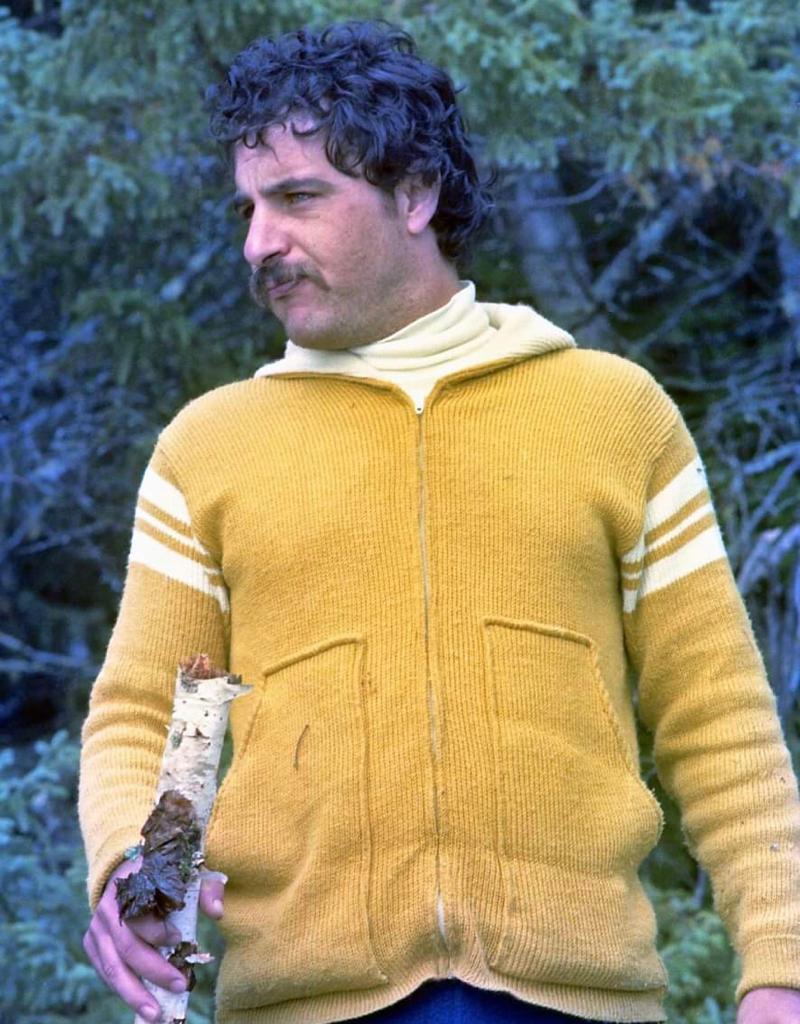
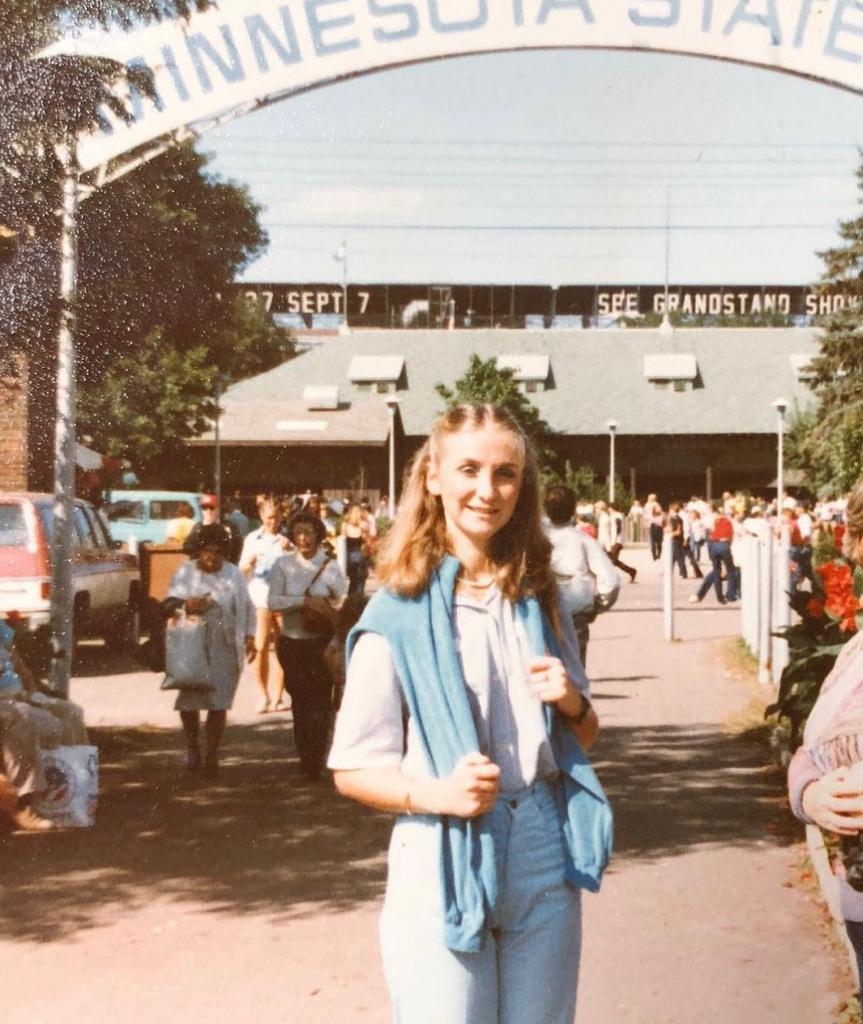
My father’s older siblings were born in Palestine, but in 1948, he and his family were displaced and forced into a refugee camp in Lebanon. So that is where my father was born in the early 50s, he and the rest of his siblings were born there in that refugee camp. The camp was called the Beddawi refugee camp in Tripoli and from there, a lot of his siblings ended up leaving the camp because when you grow up in the refugee camp, you don’t have a lot of rights. For example, you don’t have the basic human rights that you would if you were a citizen of Lebanon. My father decided to come to the United States when he was around 25 years old to study architecture and later on in life he did specifically Islamic architecture. My mom was born and raised in Rosario, Argentina which is also where Lionel Messi is from. She was raised in Rosario and went to medical school there as well but when she came to the States, she had to redo some school. My mom had to take some exams and get her citizenship, so she came to the States when she was around 25 like my father. They both met at university and it’s funny because they were both planning to go back home. They ended up staying because they met each other, they fell in love and had kids.
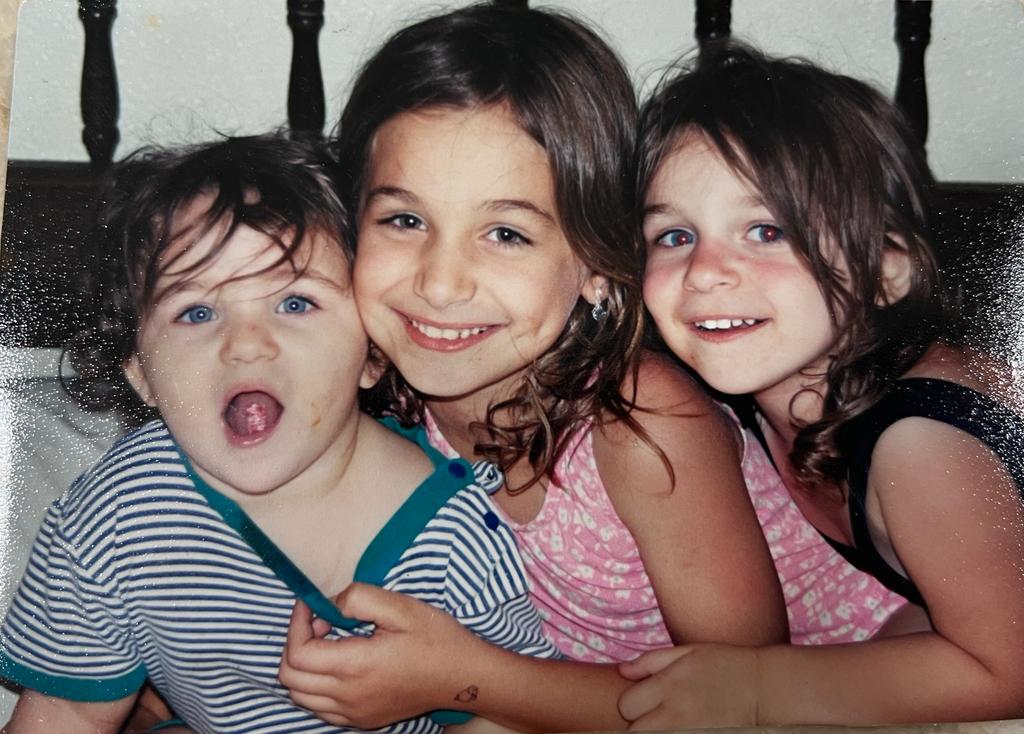
Yes, I was born in South Texas. But when I say South, I don’t mean San Antonio. I mean way south, about 10 minutes driving from the Mexican border. Everyone around me was predominately Hispanic. I was raised in a Muslim community, so I would go to the mosque, and masjid, and read the Quran. I was in Arabic school for around seven years to learn Arabic. So I had that part of the Islamic influence on my upbringing, but I was also really integrated within the Hispanic community because I lived on the border.
Growing up, the way that we stayed connected to our roots was through food. I think that’s the easiest way since food is the culture and language. I was in the kitchen with my mom all the time. In Argentina, I read a stat today that the population is 90% mestizo. This means that they have a mix of European and indigenous blood so a lot of the foods we eat in Argentina represent a mixture of cultures. They eat a lot of Italian foods like cannelloni and milanesa but also buchero, which is like a beef stew, and also asado. From my father’s side, there was a lot of falafel, hummus, and warak enab, which is grape leaves, and shish kebab or kofta. All are delicious foods that I really enjoyed. I grew up with a love of food because our food was so diverse from not only each culture but also from the people around me. The food was really what connected us.
I think growing up in the Rio Grande Valley fostered my love for agriculture because it is a socioeconomically disadvantaged area. A lot of the time it is forgotten because of where it’s located. But also, what people hear on the news might sway them because of its location on the border. Living on the border, I later realized it was different from the rest of the United States in a lot of ways and one was the community was formed based on how we grew food and fed one another. We were able to incorporate a local food system that actually worked and benefited the people so that is what got me into sustainable agriculture, as well as the food and environment aspects. I had a love for food growing up, but I also went to a charter high school that was focused on science, technology, and engineering. It was a cultured love for science for me, environmental science specifically.
When I went to do my undergrad, I started in environmental science and then I wanted to do something with food too because I realized my passion was for that. I ended on sustainable agriculture because that was kind of the bridge between food and environment, agriculture. I graduated with a degree in sustainable agriculture and food systems with a minor in environmental science. Through that degree, I learned a lot about agriculture specifically agroecology, which is working with the environment versus against it. This means taking into account every aspect of the environment. This includes the soil, the waters, the birds, the bees, and everything in an environment. I really, really loved my degree and had a great time in undergraduate. After my undergrad, I went on to do an internship with the National Park Service at the Grand Canyon which was very eye-opening. After that, I went a different route and I did AmeriCorps for about a year and taught students about gardening and more about agriculture and science. Now I am in Rome to do a degree focused on sustainable agriculture but it’s more of a food policy degree. We look at policy and how to bring change through policy work, because I think that the most important part of the food system now is to make sure policies reflect the people and not just huge corporations.
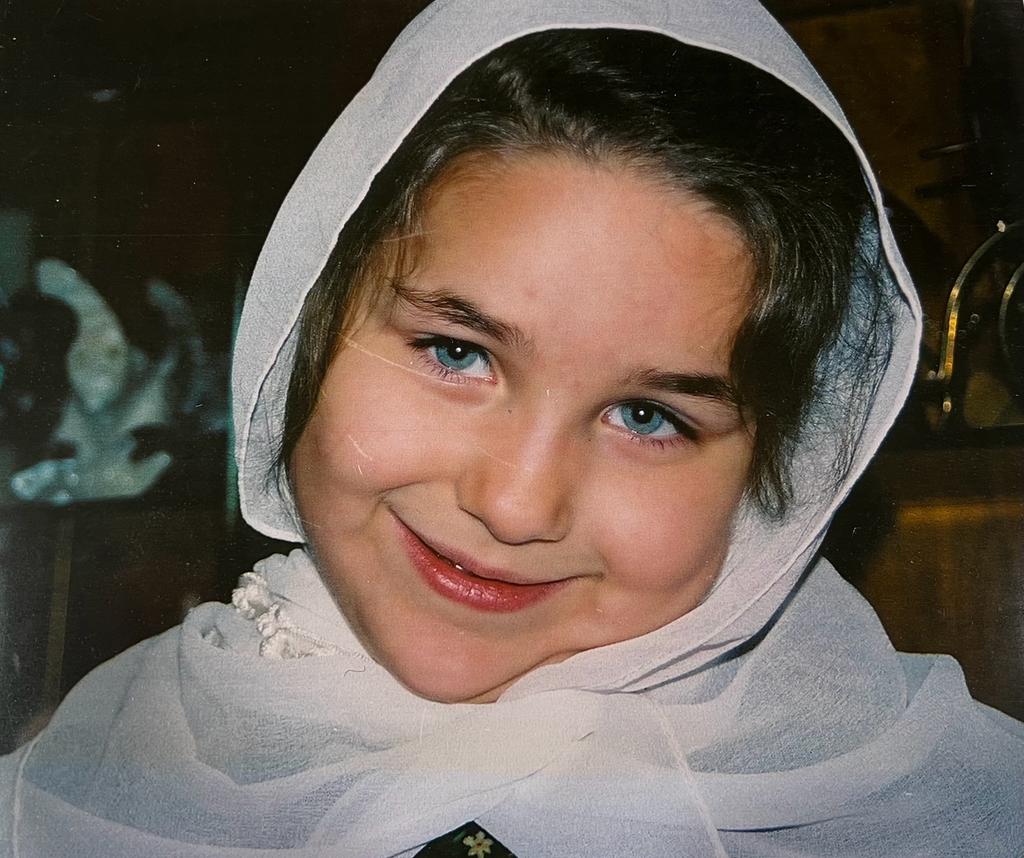
Growing up in the valley was unique in itself because of the demographics, but it didn’t connect either of my cultures, so it was even more complicated being half Arab and half Latina. In the valley everyone is Latino, but it’s different. Argentina is different in a lot of ways from Central America and Mexico. It was also a challenge itself being a first-generation kid, especially having multiple cultures. Being raised Muslim was another challenge in the West because of the narrative that’s associated a lot of the time with being Arab, Muslim, or Palestinian, especially recently. From a young age, I was exposed to the harsh realities of the hot topics of settler colonization, occupation, and corporate exploitation of land that a lot of my Western friends didn’t understand. Throughout my life, I’ve seen the word Palestine relentlessly censored on all platforms and not discussed a lot because it was seen almost as a taboo subject. I hope to continue to change the narrative to make people understand that regardless of religion or ethnicity, Palestinians are human and that’s what really matters. The major issue that I have is if you don’t value humans the same, then there’s nothing I can say to change your mind about the situations going on today. But if you do value humans the same, then you might come to an understanding that Palestinians are humans.
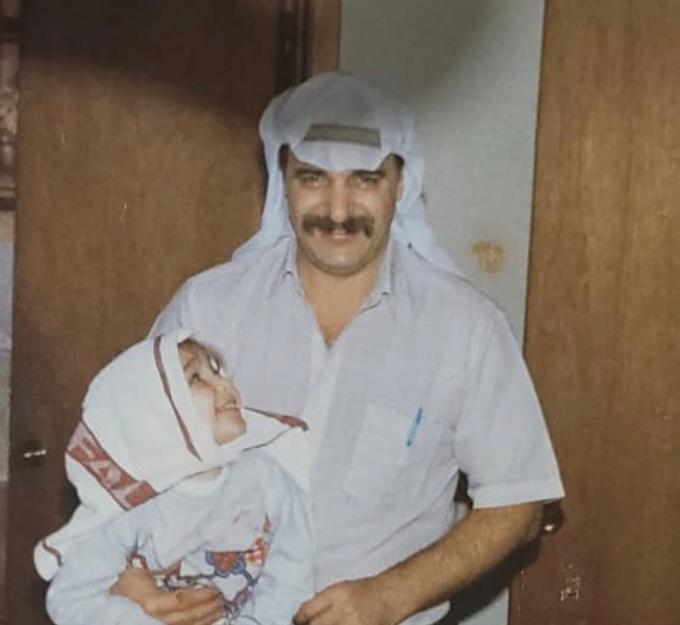
My father was out of my life for the last ten years and it severed my relationship with his side of the family and my connection. How I managed through that was to stay connected to where we come from and reach out to my family members who still live in Lebanon, the refugee camp, or Argentina. What also helps a lot is I still have my mom in my life, so of course the conversations that I have with my mom help to understand my upbringing and why she made the decisions that she did. My mom would always want to go to Latino or Argentinian restaurants and I remember being a little annoyed, but now that I’m older, I find myself doing the same thing here in Rome. I am always wanting to go to Arab or Latino restaurants to get the familiar flavors from my childhood. I think a lot of this comes with age, and understanding your identity. For some people it’s easier, for some people it’s more challenging, but I’m still on that journey now.
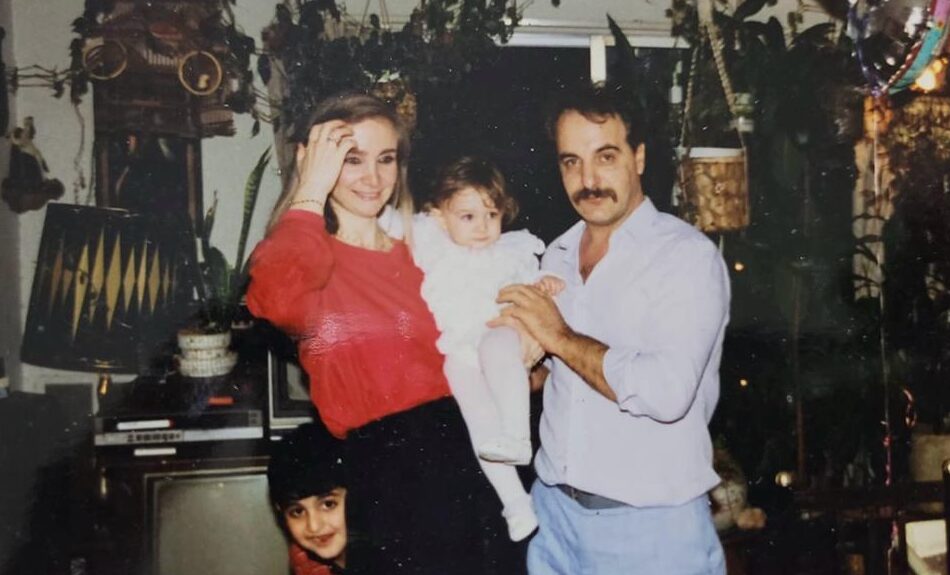
Need help telling your story? I can help
Help Feed Children in the West Bank and Gaza – https://www.savethechildren.org/us/where-we-work/west-bank-gaza
